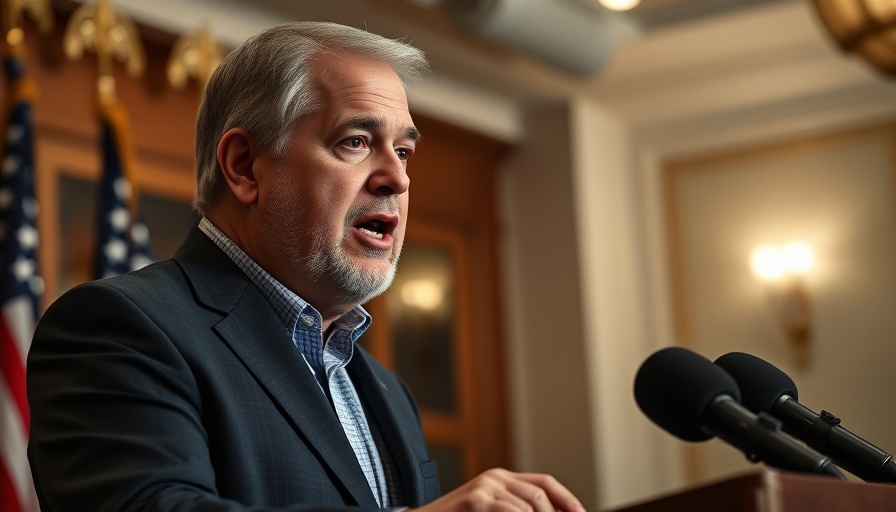
Medicaid Cuts and Their Impact on Millions of Americans
House Republicans' recent unveil of their Medicaid reform plan has the potential to reshape health coverage for millions of Americans. At the heart of this proposal is the introduction of work requirements for eligibility, which would link Medicaid access to roughly 80 hours of work, education, or volunteering monthly. While proponents argue that these changes are necessary for improving program integrity and reducing government spending, critics warn that these policies may result in at least 8.6 million Americans losing their health insurance by 2034, according to preliminary analysis from the Congressional Budget Office.
The Political Landscape and Public Sentiment
Despite the GOP’s push for cuts to Medicaid in the name of fiscal prudence, the popularity of the program among voters, including those in traditionally Republican areas, complicates the situation. Republicans are aware that Medicaid, which serves about 80 million people, is a deeply cherished safety net. Any significant changes could face public backlash, particularly in districts where constituents heavily rely on Medicaid for necessary healthcare services.
Potential Revisions and Stakeholder Reactions
As the House Energy and Commerce Committee moves forward with this legislation, revisions are anticipated in the coming days. Initial responses from healthcare providers and patient advocates reveal a mix of concern and cautious optimism. While the elimination of extreme cuts—such as capping federal funding or drastically reducing state payments—may soothe some stakeholders, there remains a palpable anxiety among advocates for the poor and uninsured regarding the imminent loss of coverage.
A Glimpse into the Future of Medicaid
This new policy landscape raises crucial questions about the future of Medicaid and its role in American healthcare. As states and healthcare providers adjust to these shifts, the implications for chronic disease management and access to wellness resources will become increasingly evident. For patients navigating chronic illnesses, the potential financial and emotional toll of losing insurance coverage may steer them towards more non-conventional methods of care, intensifying the urgency for accessible holistic health solutions.
 Add Row
Add Row  Add
Add 




 Add Row
Add Row  Add
Add 



Write A Comment